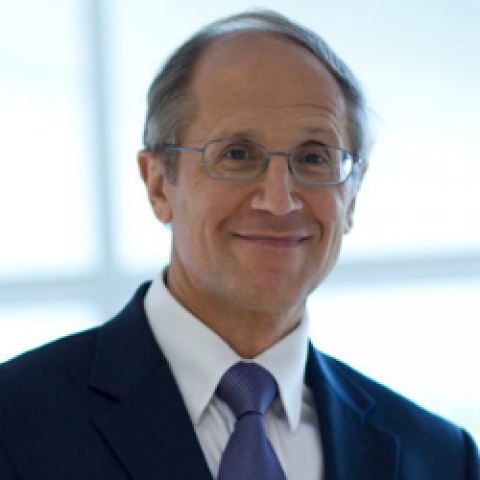This past month I had the opportunity to Zoom dialogue with each of the departments of the School of Medicine. I tried to set the stage with a few concepts but mostly wanted to listen to each of you. Here are some of the things that I learned.
COVID-19 occupies our day every day and influences everything that we do. Our younger faculty are struggling with children, child care, homeschooling and even having college children at home. Our more senior faculty are worried about their health and susceptibility to the virus. All are real. Yet, recognizing that scholarship will pull us through, there remains an incredible enthusiasm, dedication and focus on the goals of the school and of the individual departments.
I was asked about the school’s budget which is fairly stable thanks to all of you. Just the same, it is under the umbrella of unknowns, with COVID expenses and a drag on productivity (and grant expenses) affecting our budget as well as that of the university.
We discussed how to expand transdisciplinary research which means something very different in each discipline, but the commonality is true—our best advances happen through broad collaborations. We can increase our funding through synergistic efforts, team science, and cross-departmental and even cross-institutional interactions.
I also noted the remarkable opportunity we have with the large faculty of medicine spread across the five institutions that make up our academic medical center. I would like to help make tissue samples and clinical data science, genomics and population assessment more available through our hospital partners, and remain in discussion on this.
Our dialogue made clear to me that some things are quite robust: the dedication to teaching & training, conversations around diversity, and interest in mentoring are at a level I have not heard before.
And that brings me to the Faculty Council, the established organization where our collective faculty connects several times each year. Since this body oversees faculty governance and its committees assess our research, education, diversity, and finances, I encourage your more active participation.
I also suggest taking advantage of expertise in law and medicine, including studies of ethical considerations in our science with our Bioethics department, interactions with faculty from the Law School and the Mandel School of Applied Social Sciences, and commercialization strategies involving the Weatherhead School of Management. All of these represent new collaborative opportunities for faculty and trainees.
As always, there are concerns about whether our finances will allow us to provide bridge funding to scientists finding themselves in an extended renewal process, funding for pilot project support for multi-investigator efforts, resources for recruitments to expand our faculty, and ways to reinvest in mature departments, avoiding the syndrome of boom and bust.
All of these questions and perspectives are easy to discuss and bring forward, while the solutions and answers take a bit longer. I thank all of you for taking the time to engage and have thoughtful and provocative discussions—and you have my honest perspective that these are top of mind in the Dean’s office. I look forward to further discussions on each of these topics with you and let me know what I missed. I remain only a call or email away. Stay in touch.
Stan


